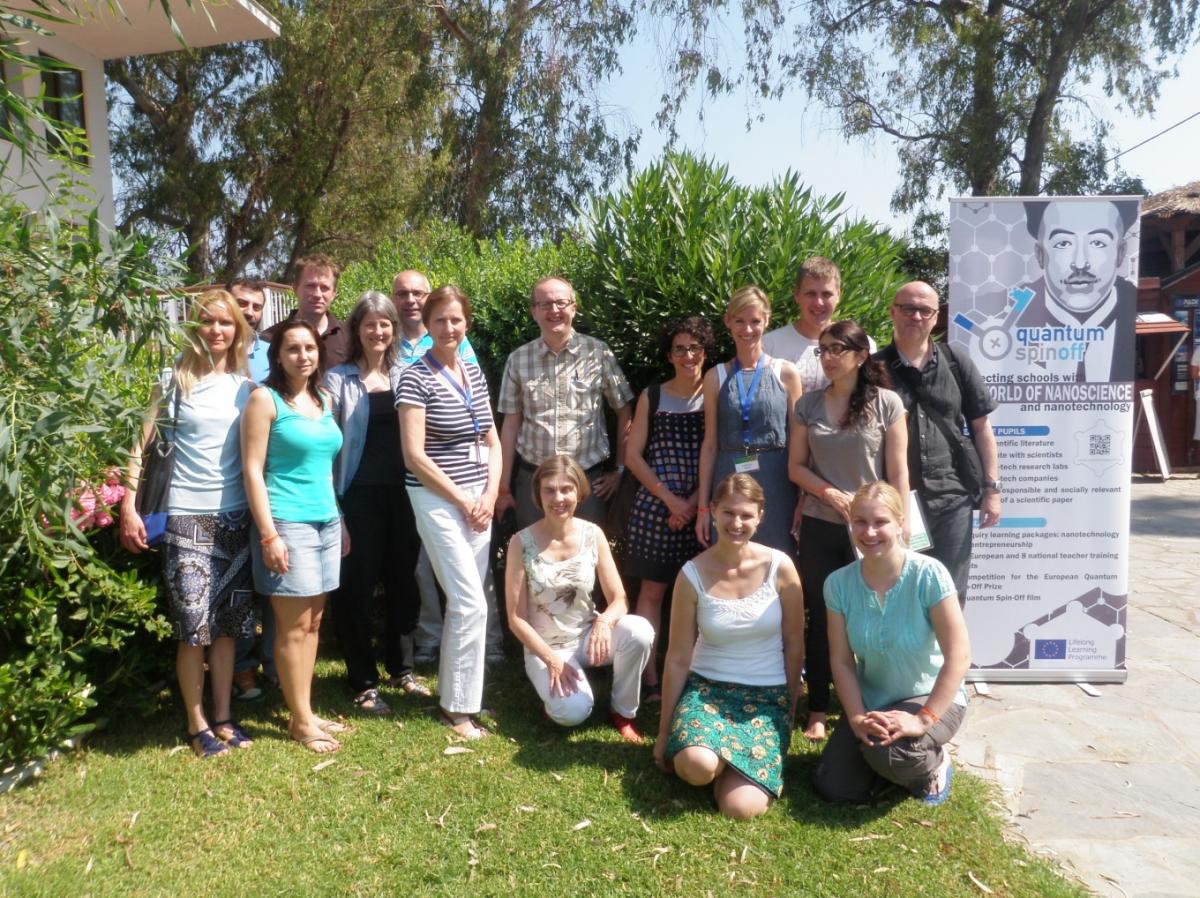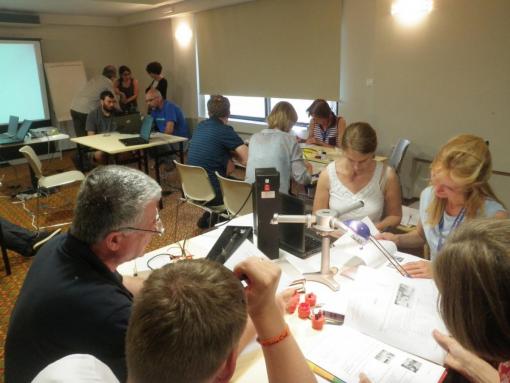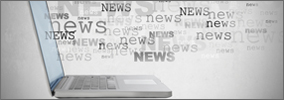Round Up of the Quantum Spinoff Summer School
 The Quantum Spin-off International Summer School 2015 took place in Marathon, Greece from 12 to 17 July 2015. The course program was divided into two groups of sessions, one in the morning from 9am to 12.30 pm and the other in the afternoon 3pm to 5pm. These were broken down in separate sessions and included a number of sessions which aimed at training the course participants on the learning approach promoted by the Quantum Spin-off project as well as offer them the opportunity to interact, both individually and as a group, with a number of practical activities and ideas for bringing modern physics and nanotechnology in the classroom. A separate part of the course was devoted to entrepreneurship, its link to research in nanotechnology and the proposed learning path for teachers according to the scope of the project.
The Quantum Spin-off International Summer School 2015 took place in Marathon, Greece from 12 to 17 July 2015. The course program was divided into two groups of sessions, one in the morning from 9am to 12.30 pm and the other in the afternoon 3pm to 5pm. These were broken down in separate sessions and included a number of sessions which aimed at training the course participants on the learning approach promoted by the Quantum Spin-off project as well as offer them the opportunity to interact, both individually and as a group, with a number of practical activities and ideas for bringing modern physics and nanotechnology in the classroom. A separate part of the course was devoted to entrepreneurship, its link to research in nanotechnology and the proposed learning path for teachers according to the scope of the project.
The keynote presentations on the opening day of the course covered a wide array of subjects, such as "Making the classroom attractive with online labs" by Ton De Jong, "Developing teachers' communities" by Rosa Doran and "Inspriring Science Education" by Franz Bogner. The second day focused on the presentation of the desired learning approach for teachers on Quantum Physics, Technology and Entrepreneurship. Three sessions on basic concepts of quantum physics and nanophysics led by Renaat Frans and Erica Andreotti of KHLiM were held. Quantum properties and their application in technology were the topic of the third day of the course. Dr. Renaat Frans (KHLiM) presented the physics principles behind the Scanning Tunneling Microscope and how they are applied in the actual instrument. The day continued with presentations from tutors on a variety of topics such as, a learning initiative carried out in Switzerland aimed at promoting the link between science and art which involved the use of nanomaterials called ferrofluids in the classroom to create colourful images and the scientific explanation behind it; the application of a phenomenon in physics in everyday used technology, namely the principles behind digital imaging in cameras; and the main principles behind semiconductors and their two mot well known applications in everyday life (the LED and the solar cell).

The remaining part of the third day was dedicated to hands-on activities as participants were asked to act as students and carry out a number of different experiments, similar to what their students would in their classroom. These activities were: Discrete Emission Spectra, Measuring Planck’s Constant with LEDs, Determine the thickness of a hair using diffraction of light, Electron diffraction and Building an organic solar cell. The final day of the training course focused on Conceptual Entrepreneurship in the classroom and a review of Modern Science Education in Europe. Participating teachers had the opportunity to take part in a discussion on modern science education across Europe, focused on what (or if) modern science topics are included in the curricula, the teaching approach promoted for this particular thematic area and the main resources used (largely through the science textbooks). During this session teachers examined the textbooks used in each country with the assistance of the course trainers who had the task of translating the text and answering questions about the textbooks.
The training course concluded with participants’ presentations of their learning scenarios and what they gained form participation in the summer school. Each participant was awarded with a certificate of attendance.









